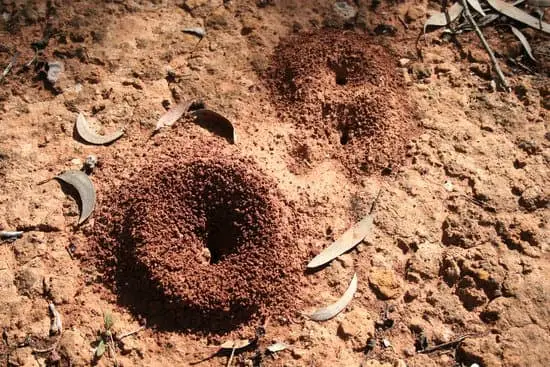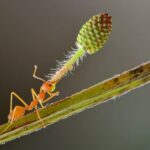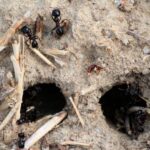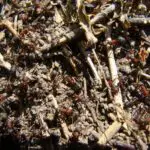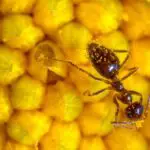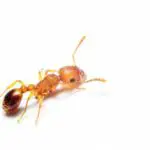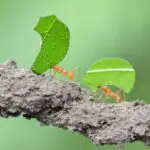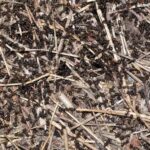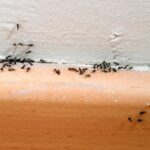Are Ants Good For Your Garden?
Depending on your garden, ants are either beneficial or harmful. Many people are unaware of the role of ants in gardens. However, they are an integral part of the ecosystem. In some gardens, ants protect sap-sucking insects from predators. In others, they act as accidental pollinators.
Ants have been around since the dinosaurs. They are also a source of food for many larger insects. They help break down organic material in the soil and carry it underground. They also improve water drainage and carry nutrients to plants throughout the garden.
The first clue that ants play a role in gardens is the presence of anthills. Anthills are small mounds of soil molded into pellets. They are formed by the colony. If the conditions are right, the seeds inside the pellets may sprout.
However, excessive ant tunnels can lead to the death of your plants. They will also disturb the roots of your plants. They will also leave a sticky substance called “honeydew” behind, which can slow the growth of your plants.
Aside from eating pest insects, ants can also be a source of food for lizards and birds. They are also a natural bodyguard for larger insects.
Ants can also play an important role in the seed dispersal process. They collect seeds and elaiosomes, which are fat bodies rich in lipids, and distribute them to the larvae. This helps protect the seeds from predators.
Some ants may also “farm” aphids for honeydew. Some ants also act as accidental pollinators, distributing seeds that have been dispersed by other insects.
